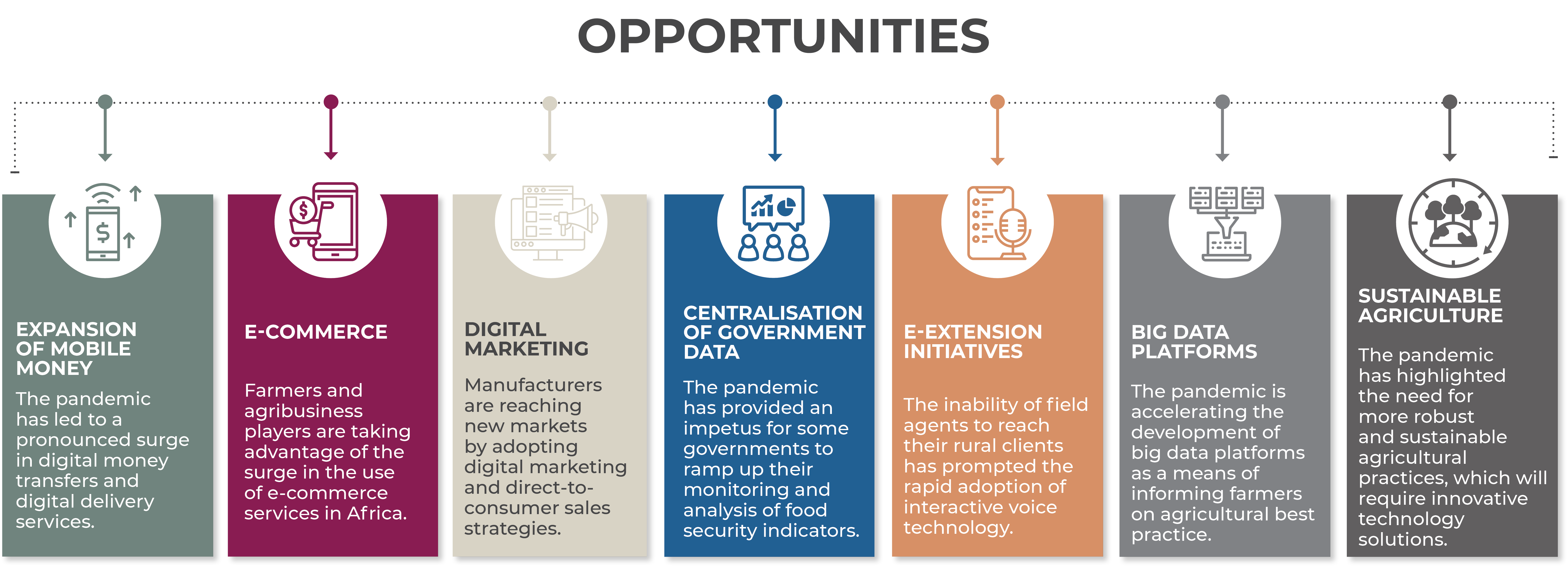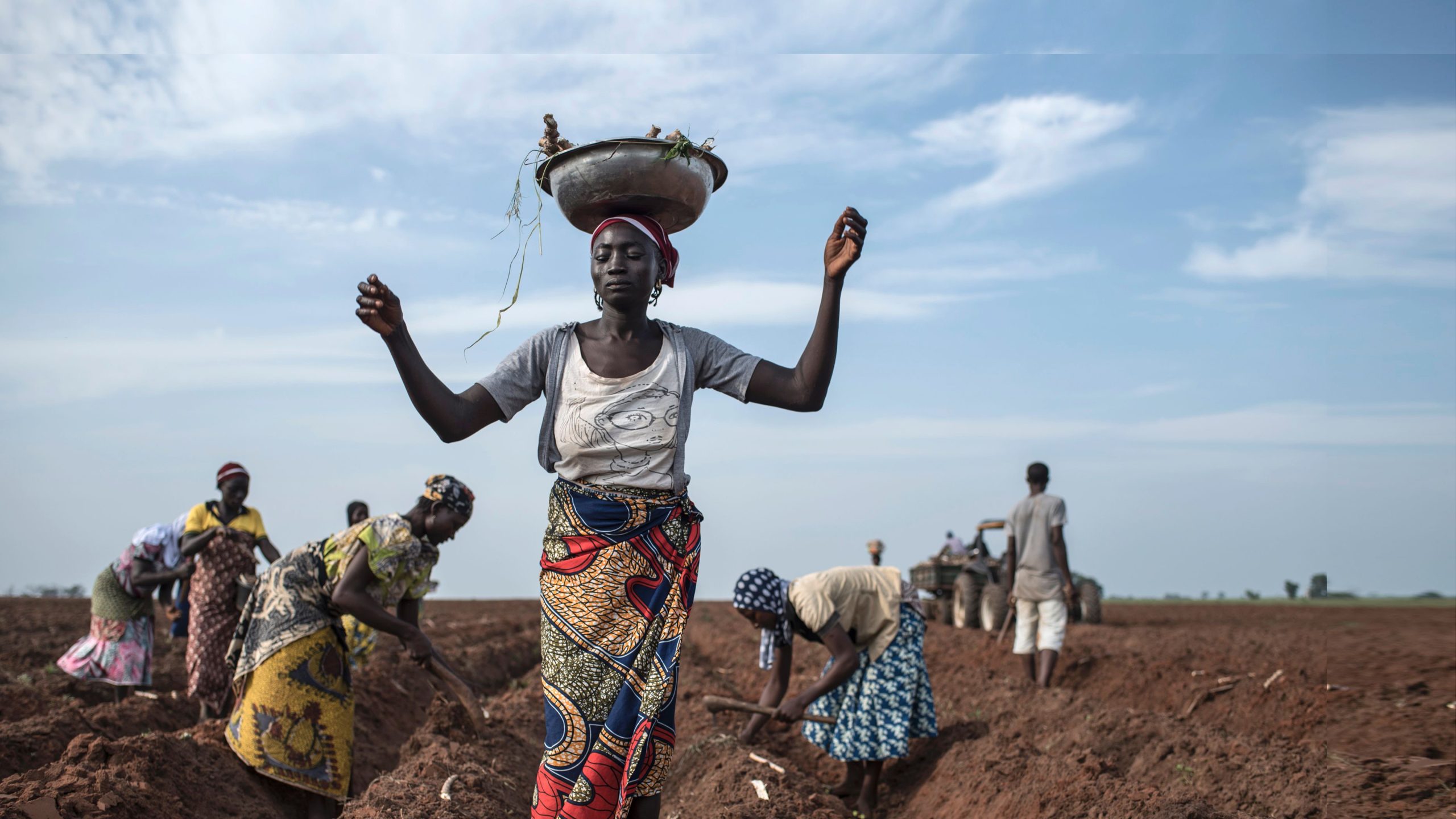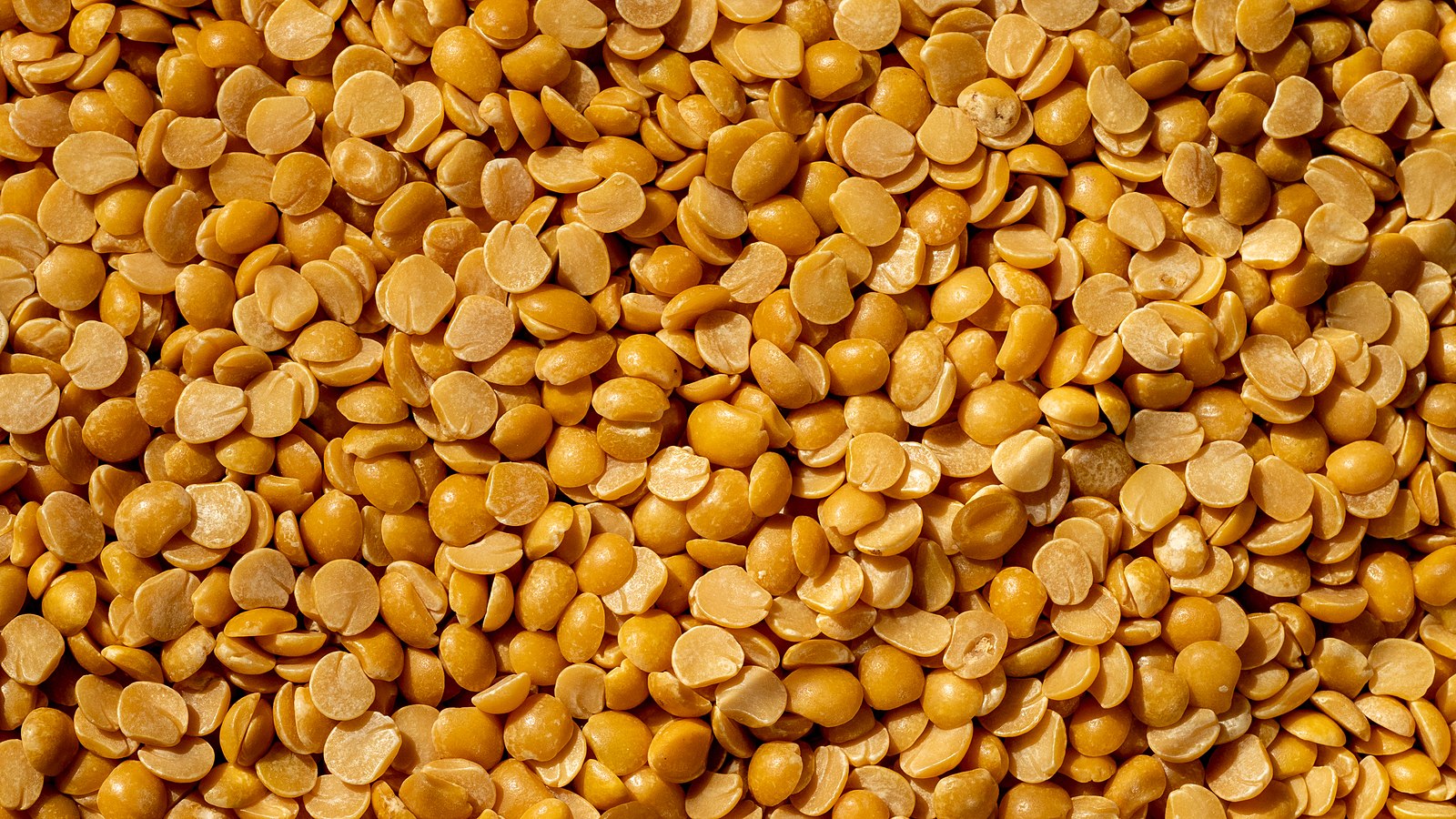We are excited to announce that Brink is now part of Africa Practice. Learn more
Harnessing Africa’s agritech potential

In June 2021, Africa Practice completed an agritech sector assessment for the Microsoft 4Afrika initiative. Our full report can be found HERE.
We found that Africa’s agricultural sector is set for exponential growth in the coming decade. With a projected value of USD 1 trillion by 2030, the continent is poised to become the global centre of agritech solutions and has also seen rapid growth in e-agriculture solutions.

Exponential growth
With agriculture sustaining 70% of Africa’s livelihoods, developing agritech solutions to enable data-driven, precise and connected farming will help farmers across Africa optimise yields, boost farm productivity and increase their profitability.

Africa is fast becoming a global leader in the agritech space – between 2016 and 2019 the agritech sector grew by 44% year-on-year, and the continent has registered the highest number of agritech services in the developing world, reaching over 33 million smallholder farmers to date.
Agriculture already accounts for 14% of GDP in Africa and for 52% of the continent’s workforce. As the continent’s middle class rapidly grows, it will drive an increased demand for fresh produce, while the implementation of the African Continental Free Trade Agreement (AfCFTA) could boost intra-African trade by 49%. Through increased investments in inputs, storage facilities and irrigation infrastructure, Africa is expected to increase its agricultural output by up to three times by 2030.
The role of partnerships
Leveraging our extensive partnerships and initiatives network, Microsoft, through its 4Afrika initiative, is looking to provide all farming communities with the latest tools like AI, IoT and edge computing to improve productivity and sustainability across the sector. In light of this, in August 2021, Microsoft, through its 4Afrika initiative, announced a partnership with the International Finance Corporation (IFC) to make digital tools and training resources more accessible to small-scale farmers, and agriculture-linked small businesses.
For more information on our approach and expertise in conducting similar studies, do reach out to us.
Proud to be BCorp. We are part of the global movement for an inclusive, equitable, and regenerative economic system. Learn more


